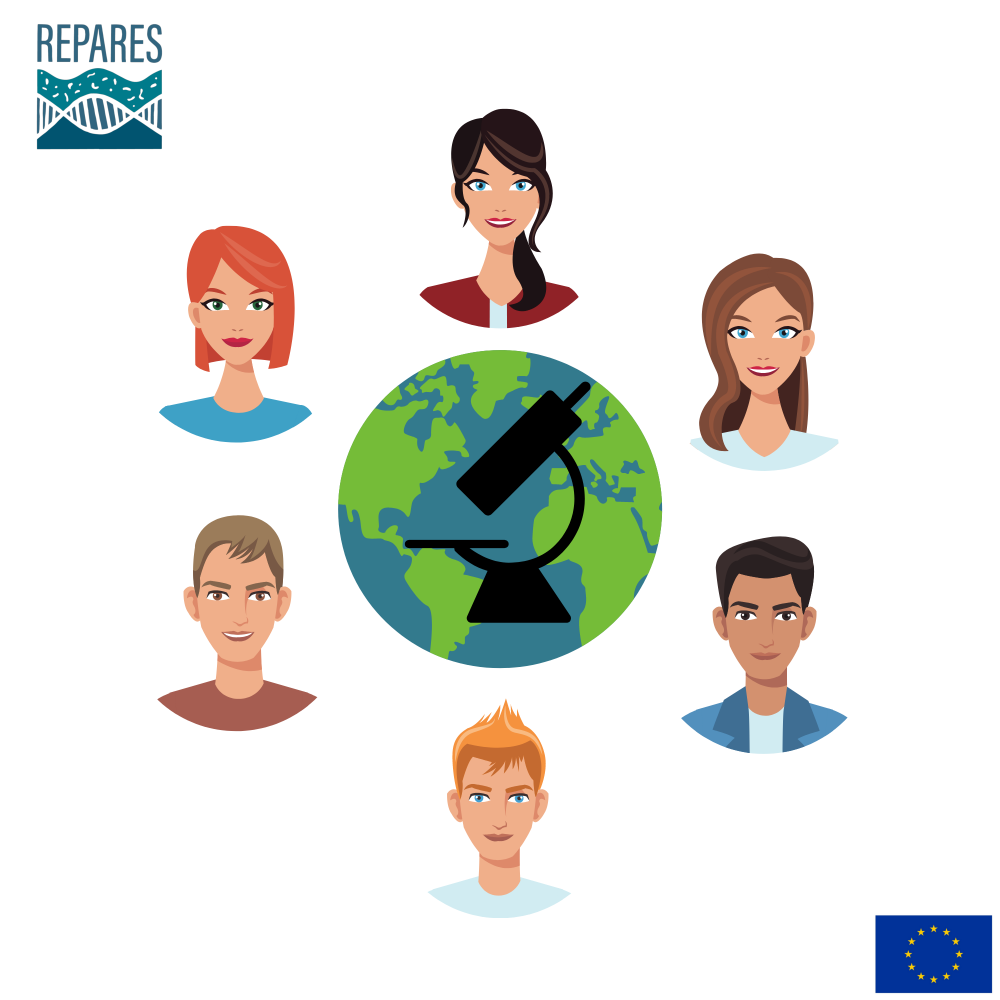The methods for the quantification of ARGs enable quantifying ARGs amount in different parts of wastewater treatment plants (WWTPs), including inputs and outputs. This data allows to survey the fate of ARGs in WWTPs, to study the effect of single processes in WWTP on ARGs abundance, and last but not least to quantify the applied load of ARGs carried by WWTP outputs to the environments.
 The quantitative-based PCR methods (qPCR) belong to the most often used methods for quantifying ARGs, widely used in scientific studies. Despite this fact, the standard internationally validated or recommended methodology for qPCR quantification in WWTP samples has not yet been established. The quantitative standard methodology (“golden standard”) would cover not only the description of the single procedure steps but also the evaluation of test characteristics, for example, the selectivity (inclusivity/exclusivity), lowest validated level with satisfactory precision, repeatability, reproducibility and the uncertainty of the method.
The quantitative-based PCR methods (qPCR) belong to the most often used methods for quantifying ARGs, widely used in scientific studies. Despite this fact, the standard internationally validated or recommended methodology for qPCR quantification in WWTP samples has not yet been established. The quantitative standard methodology (“golden standard”) would cover not only the description of the single procedure steps but also the evaluation of test characteristics, for example, the selectivity (inclusivity/exclusivity), lowest validated level with satisfactory precision, repeatability, reproducibility and the uncertainty of the method.
In REPARES Ring test interlaboratory studies, we work on establishing such qPCR-based standard protocol and on evaluating the effect of single steps on its result. These single steps cover the isolation of DNA and absolute qPCR quantification based on DNA intercalating dyes and using gBlocks.
At this moment, these interlaboratory studies are four sides, conducted by UCP Porto, UCT Prague, TU Delft, and Wetsus. The University of Warsaw ensures the bioinformatics support for these studies.
In the first run in 2020, we analyzed qPCR quantification of four different genes in activated sludges. All laboratories analyzed as the sample of activated sludges, as the sample DNA, isolated from it. The results imply that qPCR analyses have more extent effect on these ARGs quantification than performing the isolation of DNA.
In the second run, planned for September 2021, we will test these qPCR protocols for samples of anaerobic sludges and treated WWTP effluent and some other genes. The important part of the investigation will also direct to discover and quantify the impact of single qPCR steps (e.g., primers design, used master mixes, and chemicals).
We want to invite also other laboratories to join our interlaboratory studies.
We are looking for cooperating laboratories quantifying ARGs. It enables us to fortify these protocols verification (by testing our protocol if you perform qPCR quantification too) and/or to compare these protocols to other ARGs quantification methods (by comparing results if you perform different qPCR protocols or any other DNA based quantification methods).
If you are interested in joining us, please write to repares@vscht.cz subject: RING TEST. We will find a way how to cooperate.
